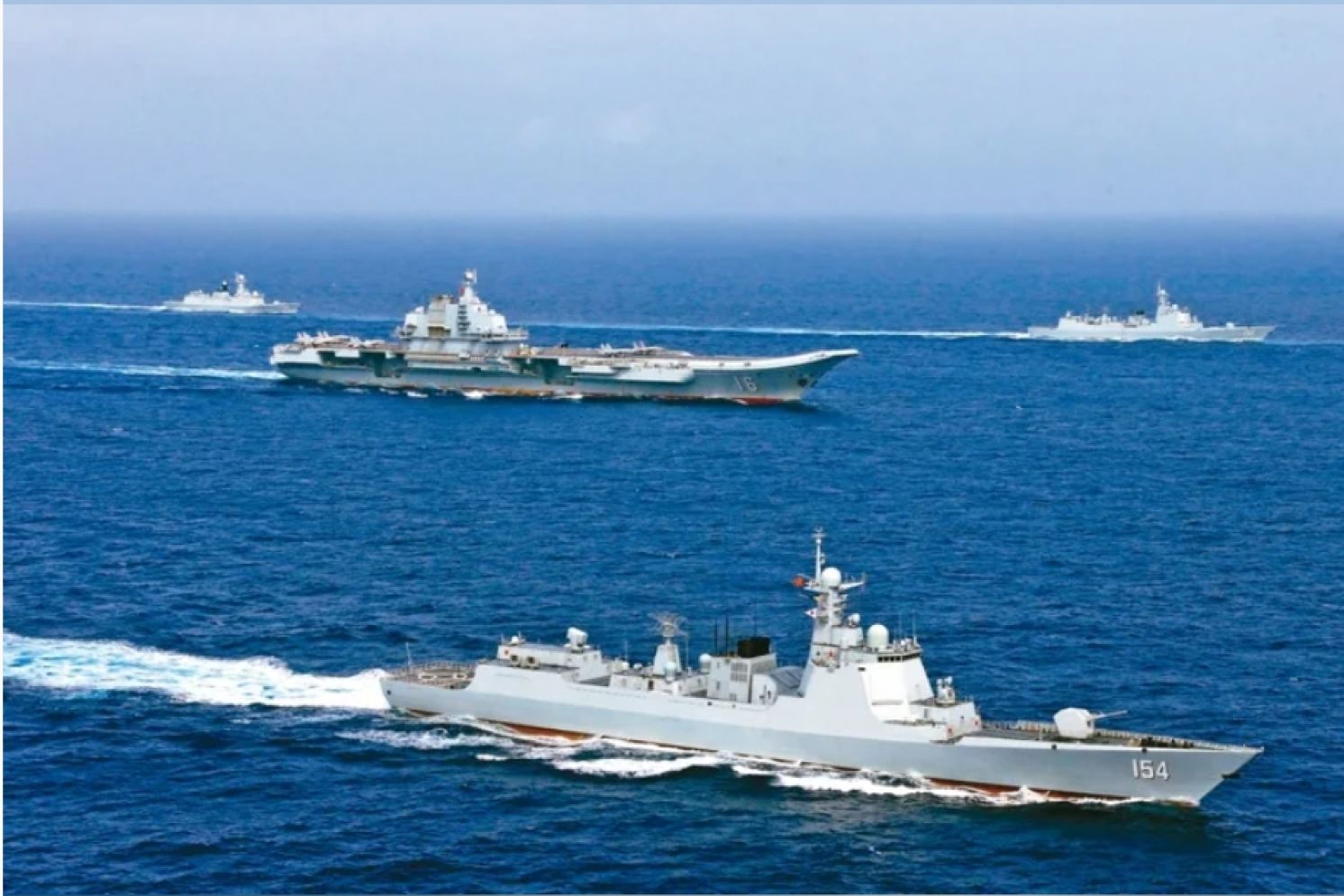
This Week in Taiwan 0929-1005
September 29:
Joseph Cella, former United States ambassador to the South Pacific and founder of the Michigan China Economic Security and Review Group, recently confirmed in Congress that Taiwanese troops are being trained at the national All-Domain Warfighting Center of the Michigan National Guard.
According to the website of the Michigan National Guard, this center focuses on five major operational domains: land, air, sea, space, and cyber. It provides realistic combat training through a joint live-fire environment. According to Cella, Camp Grayling is the hub of this center, responsible for providing strategic and tactical combat training to U.S. forces and allied troops.
September 30:
The Electricity Rate Review Committee has decided to freeze residential electricity rates while increasing industrial electricity rates by an average of 12.5 percent, with rates for the semiconductor and data center sectors rising by 14 percent. This marks the fourth industrial electricity rate hike in three years, affecting over 500,000 users. The new rates will take effect on October 16. The Chinese National Federation of Industries (CNFI) has reiterated its call for the industry to use competitive and reliable energy sources, urging the government not to abandon nuclear power lightly.
October 1:
In an interview with the Washington Post, U.S. Republican presidential candidate Donald Trump stated that China will eventually attack Taiwan but not during his tenure. Trump criticized Taiwan's defense spending as inadequate and suggested that Taiwan's military budget be increased to 10 percent of its gross domestic product (GDP). According to military experts, 10 percent of GDP would account of 84 percent of total government expenditure, which even militaristic authoritarian states cannot achieve. The Ministry of National Defense declined to comment.
October 2:
Defense contractor Raytheon has been accused of overcharging for arms sales, causing losses to allied nations, drawing international attention. The Ministry of National Defense stated that the U.S. Department of Justice has reached a plea deal with the company, and all ill-gotten gains will be returned to Taiwan. This incident indirectly confirms that Raytheon's arms sales to Taiwan involve fraud.
October 2:
The Comprehensive and Progressive Agreement for Trans-Pacific Partnership (CPTPP) will hold its Executive Committee meeting in Vancouver in November. Taiwan has been applying for membership since 2021 but has yet to succeed. Minister without portfolio and Chief Negotiator Jenny Yang assessed that if Taiwan cannot join, it may limit industrial competitiveness, potentially resulting in a 1.6 percentage point loss in GDP growth in the long term. Minister of Foreign Affairs Lin Chia-lung reiterated his call for member countries to handle Taiwan's application fairly and objectively without considering unrelated political factors.
October 2:
Following President Lai Ching-te's directive to strengthen defense resilience, police and fire departments have been included in the call-up training for the first time. However, many reservists who received the call-up notification mistook it for a scam, leading to a flood of verification calls to local civil affairs offices. In some counties and cities, the attendance rate for the call-up was only 40 percent, with grassroots officials believing the government is moving too quickly without forming a consensus among the public.
October 4:
In an interview with the Economist, Navy Commander Tang Hua described the People's Liberation Army's (PLA) "python strategy" under the Lai administration, which involves slowly but steadily increasing military presence around Taiwan. According to Tang, The PLA is prepared to blockade Taiwan at any time if it wishes. Taiwan has shown restraint to avoid giving Beijing an excuse to initiate a blockade or conflict.
October 4:
According to a report published by the International Crisis Group, a well-known international non-governmental organization (NGO), President Lai has adopted a tougher stance on Taiwan's de-facto independence since taking office, prompting Beijing to increase pressure on Taiwan. To avoid further escalation of tensions, President Lai himself should declare that cross-strait affairs will be handled according to the Constitution of the Republic of China and Act Governing Relations between the People of the Taiwan Area and the Mainland Area and refrain from using the Constitution as a basis to define Taiwan's sovereignty as excluding the mainland.